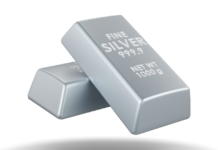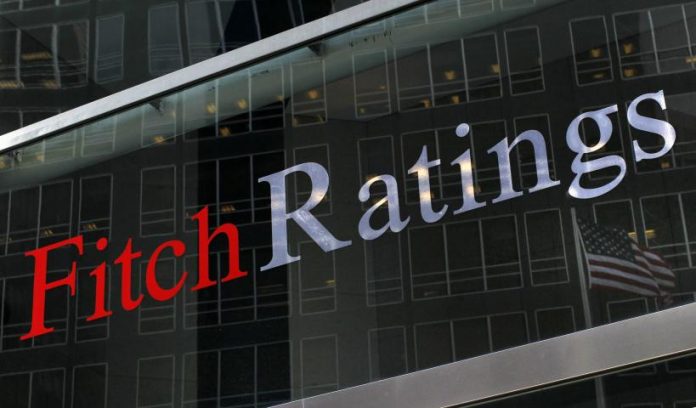LAHORE: Fitch has maintained Pakistan’s credit rating at ‘B’ with stable outlook, and warned of medium-term risks due to sliding foreign exchange reserves and widening current account deficit since IMF’s programme ended in September 2016.
The credit rating agency said Pakistan is unlikely to face external financing difficulties in short-term due to recent raising of $2.5 billion via an international bond issuance in end-November.
It added the central bank’s decision of allowing the rupee to depreciate against the dollar in early-December, could contribute towards controlling the decline in the external position.
Also, continued currency flexibility would release pressure on foreign exchange reserves and rein in the current account deficit by improving export competitiveness, said Fitch.
Fitch said the current account deficit widened beyond what it had expected earlier in 2017, more than doubling to 4.1 percent of GDP at end of June 2017 compared to 1.7 percent in 2016, due to a surge in imports.
It remarked foreign currency reserves fell due to central bank’s policy of keeping rupee stable against the US dollar, which contributed to their decline by touching $16.8 billion in November 2017 from a peak of $22.8 billion in October last year.
Furthermore, Fitch remarked “The authorities are also taking other steps to contain the current account to within 4% of GDP, such as introducing tax rebates on exports and import duties on non-essential items, as well as allowing greater pass-through of rising oil prices to consumers.”
Fitch opined it was still uncertain how much currency depreciation, the central bank would permit and although “the SBP has indicated its commitment to allowing the market to determine the value of the rupee, with intervention limited to smoothing operations.”
China-Pakistan Economic Corridor (CPEC) linked imports won’t be affected by rupee depreciation, said Fitch as it has been the major contributor to the widening current account deficit and will continue to impact over the medium-term.
Ruling out an immediate threat of external financing problems, Fitch said the economy is projected to grow 5.5 percent in 2018 and 6 percent in 2019 respectively. Also, CPEC linked imports will receive majority of the financing from China, said Fitch.
It warned of medium-term risks increasing though “official reserves are still higher than before the IMF agreement in 2013, but they could approach those levels in the next couple of years if the recent rate of depletion continues,” said Fitch.
Economic burdens would rise as result of profit repatriation and repayments of loans due to CPEC linked projects, commented the credit rating agency.
Furthermore, Fitch said “investor appetite may be tested in the coming months as global monetary conditions are set to tighten further and the political environment could remain volatile ahead of elections due by July.”























